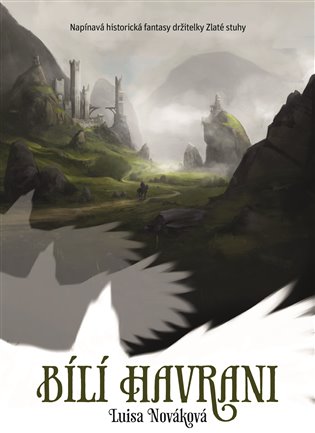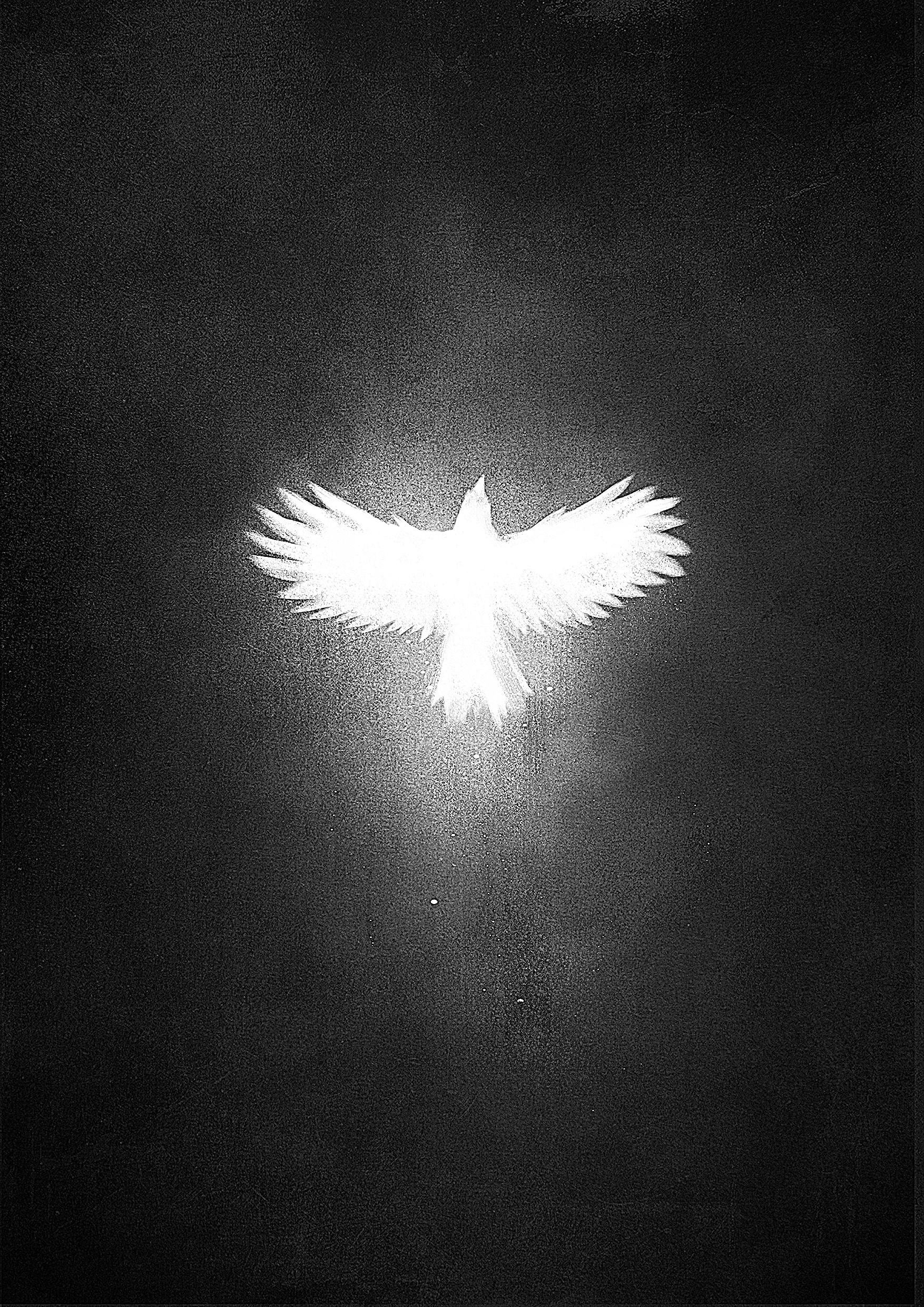Luisa Nováková, Pavel Trávníček
Luisa Nováková (b. 1971) lectures on Czech literature and literature for children and young people at the Faculty of Arts of Masaryk University, which she graduated from, as well as doing occasional illustration work and translating from Polish. For her two-volume prose debut, Sestra volavek (Sister of Herons) and Kámen vládců (Stone of the Rulers), she won a Golden Ribbon in 1998. She mainly focuses on fiction for young people and adults that draws on history, myths and folklore. She attracted attention with her novel Krajina s jednorožcem (Landscape with a Unicorn, 2006) and a collection of original adaptations of Polish legends Šlépěj královny Jadwigy (Queen Jadwiga’s Footsteps, 2009), which she supplemented with her own translations of Polish folk poetry.
Pavel Trávníček (b. 1984) graduated from a graphic arts college, and yet he still feels like an eternal autodidact. He works in graphic design, typography, painting and illustration. Co-founder of the creative group MSC and the game studio ARK8 (Coraabia online card game), he has participated in numerous internet and television projects. He is also the co-creator of the award-winning experimental construction toy RIPO (with Jan Kysela).

White Ravens
by Luisa Nováková, Pavel Trávníček (ill.)
August 2017, 460 pages
A suspenseful novel with both strong characters and heroism, as well as ancient wisdom and esoterism strengthened by the author´s lofty language and original similes.
Within the highly diversified family of fantasy genres, high-quality works aimed at teenagers only appear sporadically in the Czech context. The novel White Ravens can be categorized as historical fantasy since it presents an image of a firmly established ruling hierarchy in the kingdom of Kaymeira; however, it also displays the typical literary features of works for young readers. Luisa Nováková offers them a thrilling tale about the emotional journey of two noble siblings who are waging a long and merciless struggle against their usurper stepfather. The young displaced king and his sister are forced to take refuge in the inhospitable town of Věže and negotiate with dozens of the local inhabitants. The characters that will help them through their many adventures are endowed with distinctive personalities and heroic qualities as well as ancient wisdom.
“White Ravens resembles epic poems of the early Middle Ages, as well as poetic illustrations of the Arthurian legends from the end of the 19th century. The heroic historical story is, however, written for perceptive contemporary readers.”
– XB-1
